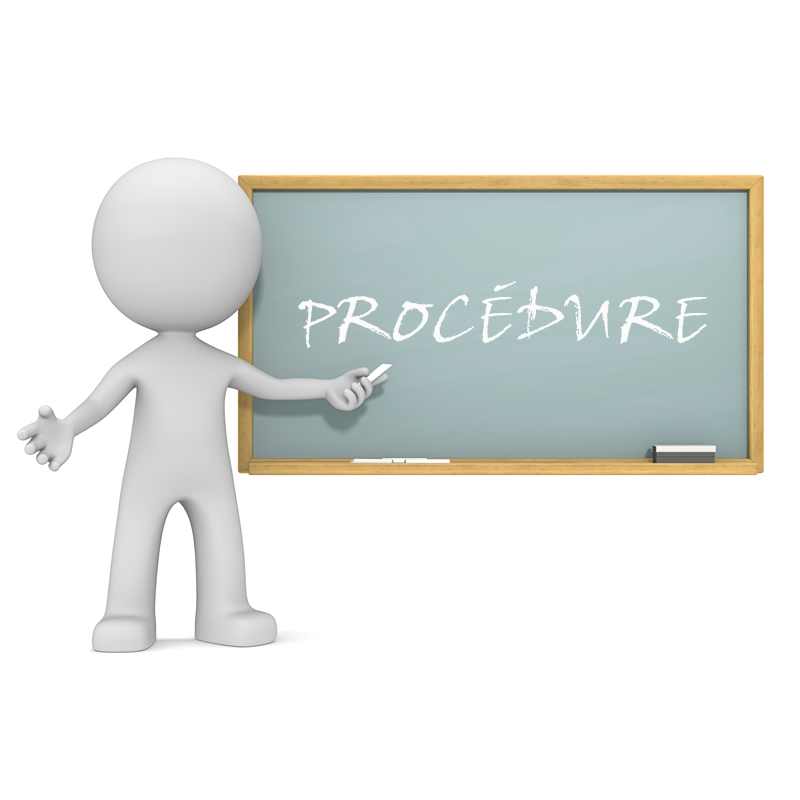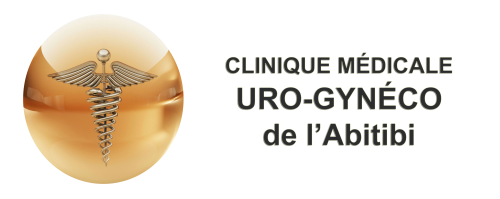Transrectal ultrasound of the prostate with biopsy

What is it?
Indications:
- diagnose prostate cancer
- determine prostate gland size
- assist with guidance when prostate biopsies are performed
- assist with diagnosis of certain male infertility etiologies
- assist in monitoring evolution and/or treatments for prostate cancer
- assist in certain cases of prostate infection


How is the exam performed?
The examination will begin with a digital rectal exam of the prostate (finger test). A thin ultrasound probe will then be inserted into the rectum through the anal orifice to visualize the prostate on a screen and perform a series of biopsies.
These are done in suspicious areas or randomized normal looking zones with a very fine needle that is projected rapidly next to the probe through the rectal wall into the prostate to obtain tissue samples. A minimum of 6 biopsies will be collected and sent off for histopathological analysis to determine if there are any cancer cells present. Biopsies are generally not very painful and well tolerated.
The entire procedure usually takes 10-15 minutes. Even though the result of the ultrasound will be given immediately at the time of the test, the pathology results of the tissue samples can take up to 2-3 weeks to obtain.
Is it painful?


What to do before the exam?
What are the risks of a transrectal ultrasound?
Abnormal and heavy bleeding after the procedure (such as important and continuous blood flow or blood clots with urinary obstruction), fever/chills, or rarely difficult urination due to swelling of the prostate should prompt you to seek immediate medical attention. These situations are quite infrequent if given instructions are respected.

Contact-us
Phone
Address
1660, 3E AV, VAL-D’OR, Québec J9P 1W1
